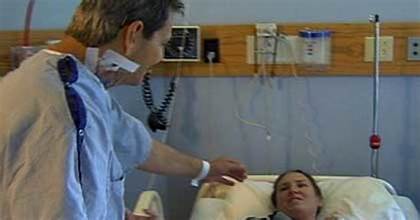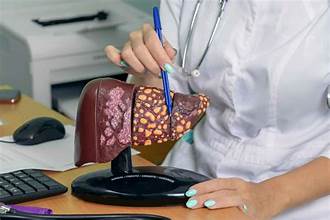In a remarkable act of compassion and unity, a Saudi woman has donated 80% of her liver to her co-wife, saving her life and inspiring many with her selflessness. This extraordinary event has captured the attention of people across the country and beyond, highlighting the power of empathy, sacrifice, and solidarity in relationships that often face societal complexities.
An Unlikely Bond
In many parts of the world, the relationship between co-wives can be portrayed as competitive or strained. However, this story defies stereotypes. The donor, despite sharing the same husband with the recipient, stepped forward when her co-wife was diagnosed with a life-threatening liver condition that required an urgent transplant.
Doctors had informed the family that the recipient’s survival depended on finding a matching donor quickly. Upon discovering that she was a suitable match, the donor did not hesitate to undergo the medical procedures required for liver donation.
The Surgical Procedure
Liver transplantation is a complex medical operation, often considered risky for both donor and recipient. In this case, the medical team decided to remove 80% of the donor’s liver — a significant portion — to replace the diseased organ in the recipient’s body.
Liver tissue has a unique ability to regenerate, meaning that both the donor and recipient can recover fully over time if the surgery and post-operative care go well. The successful procedure was hailed by the medical staff as an example of bravery and humanity.

A Story of Selflessness and Faith
For the donor, her decision was rooted in both moral values and religious beliefs. In Islamic culture, acts of charity and saving lives are highly regarded. The woman saw the act not only as a duty to her family but also as a way to earn spiritual reward.
She stated that her co-wife was more than just another spouse in the family — she was a sister in faith and a companion in life’s journey. This perspective allowed her to put aside any potential differences and focus solely on the urgency of saving a life.
Public Reaction and Praise
When the story became public, it sparked widespread admiration. Many Saudis took to social media to praise the woman’s courage, calling her a role model for generosity and compassion. Religious scholars commended her decision, pointing out that it aligned with Islamic teachings on sacrifice and solidarity.
Moreover, the story resonated deeply with women and men alike, who saw in it an example of how compassion can thrive even in situations often portrayed as complicated or tense.
Medical Significance
From a medical perspective, the case also sheds light on the importance of living organ donation. In countries like Saudi Arabia, where cadaveric organ donations are relatively limited, living donors play a vital role in saving lives.
Doctors highlighted that this case could encourage more people to consider living organ donation, especially within families, where compatibility rates are higher.
A Lesson Beyond Borders

While the incident occurred in Saudi Arabia, its message transcends national and cultural boundaries. Acts of kindness and sacrifice are universally understood and appreciated. This story is a reminder that empathy can flourish in unexpected relationships and that humanity can unite even in unconventional circumstances.
It challenges preconceived notions about relationships between co-wives and offers a fresh perspective: shared lives can lead to shared compassion, even in life-or-death situations.
Life After Surgery
Both women are now recovering under close medical supervision. The donor’s liver is expected to regenerate to near full size in a few months, while the recipient is undergoing therapy to ensure her body fully accepts the transplanted organ.
Family members report that the experience has brought the household closer, creating a sense of mutual respect and gratitude that will likely last a lifetime.
Conclusion
The story of a Saudi woman donating 80% of her liver to her co-wife is not just a medical success — it’s a testament to the depth of human compassion. It serves as a reminder that love, empathy, and sacrifice are not confined by societal expectations or stereotypes. In the end, humanity’s greatest strength lies in our ability to care for one another, even in the most unexpected circumstances.



